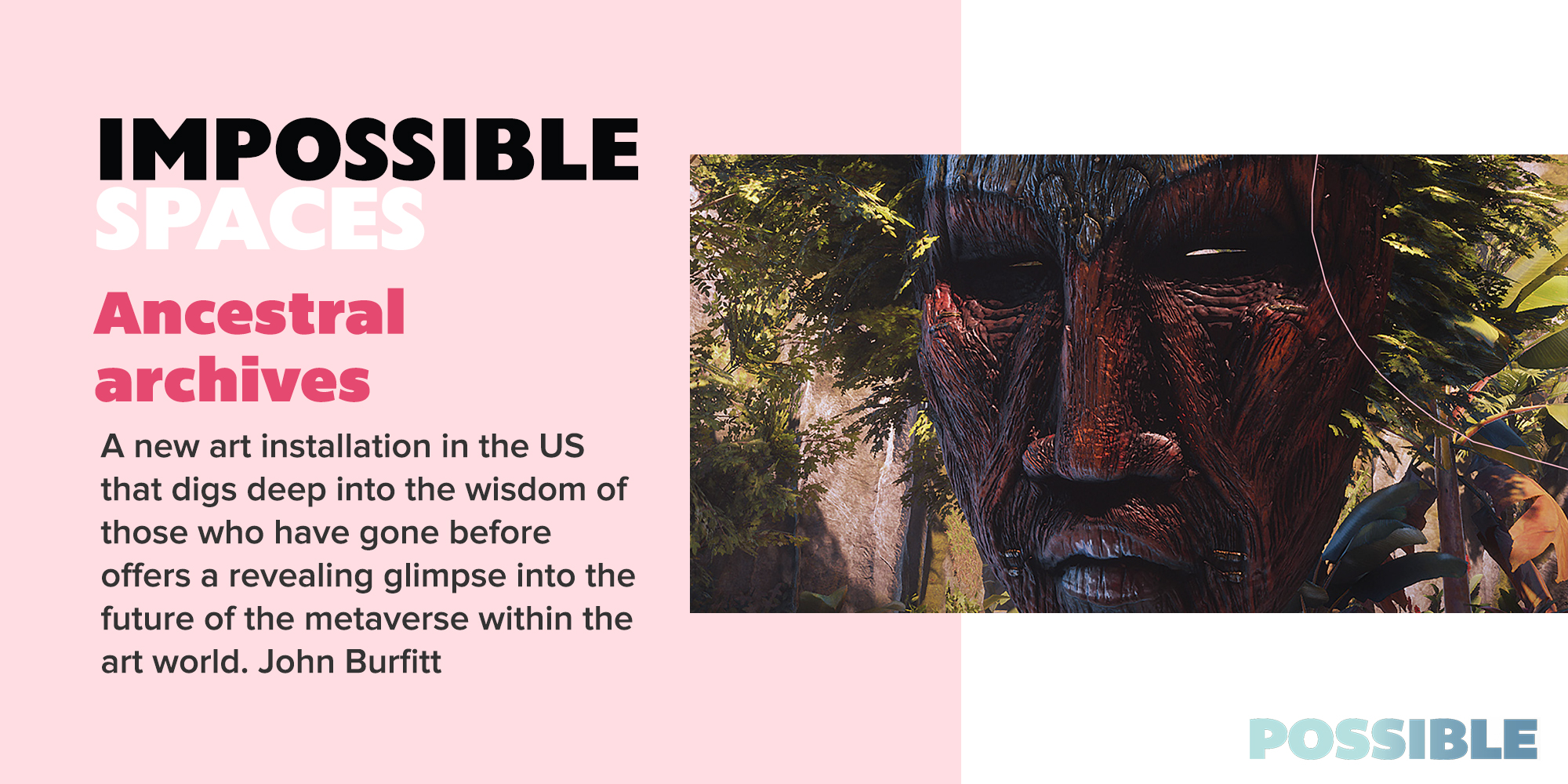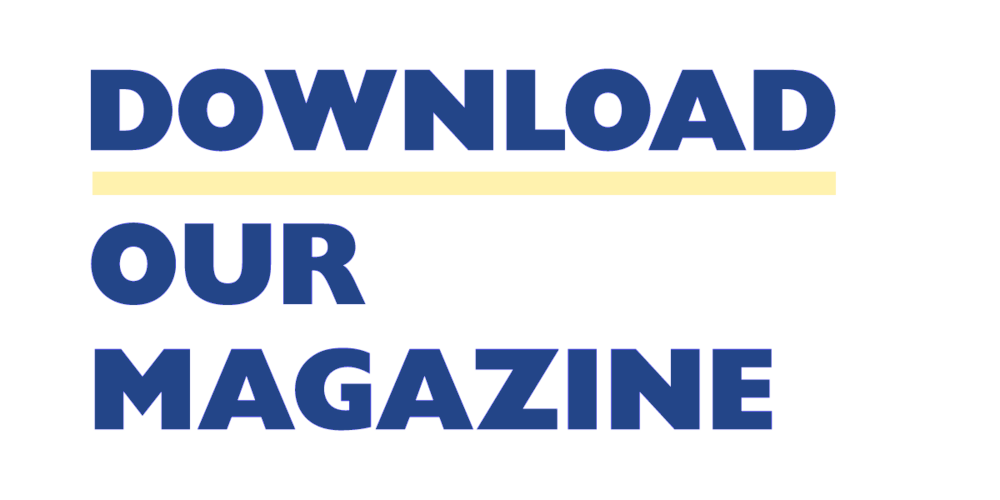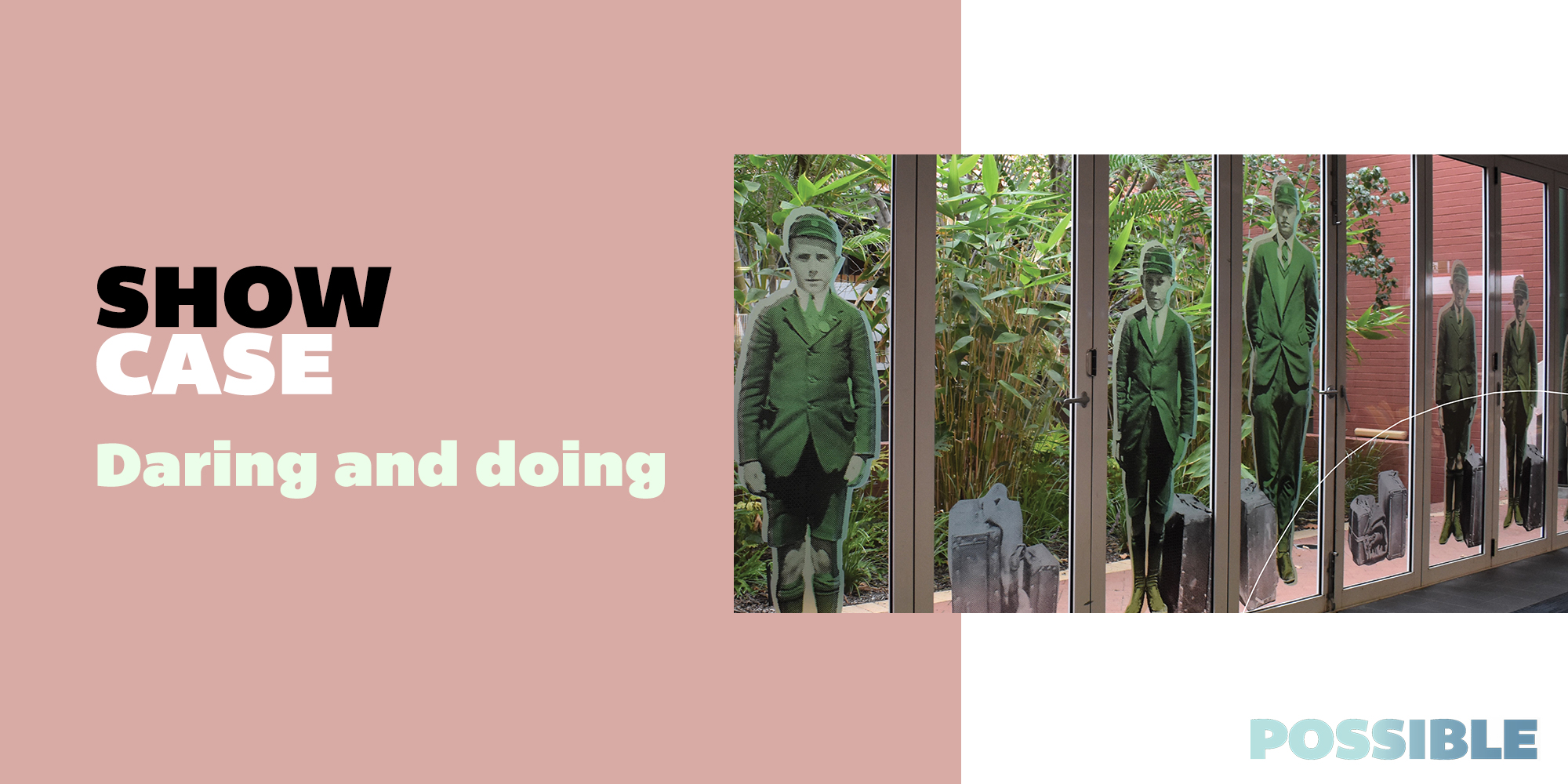A new art installation in the US that digs deep into the wisdom of those who have gone before offers a revealing glimpse into the future of the metaverse within the art world. John Burfitt
When you think of EY, the intersection of the worlds of modern art and creative technologies is not exactly the first image that comes to mind.
technologies is not exactly the first image that comes to mind.
There’s a clash of cultures taking place at EY—initials that are today the rebranded name of financial giant Ernst & Young. The traditional image of spreadsheets and corporate ledgers are in for a major overhaul with the company’s innovative EY metaverse lab blazing new trails, with special emphasis on the art world.
Since June 2021, the EY metaverse lab team has been building a virtual world with a specific goal: to apply the diversity of human imagination to make the virtual world welcoming, with the added possibility of parlaying the technology into a wide range of different fields.
The EY metaverse lab team developed an approach to create more lifelike avatars
in the metaverse through its artist-in-residence program. Forged in collaboration with the NEW INC incubator at the New Museum in New York, the program is overseen
by EY’s Metaverse Design practice, leveraging diverse backgrounds, education and ways of working.
“When we work with artists, what we get is deep thinking about technology through the lens of the human condition,” Domhnaill Hernon, EY global lead of the Metaverse Lab, says.
 At EY, our language is ‘humans at the centre’. And artists, in my view, are the ones who take that to an extreme.”
At EY, our language is ‘humans at the centre’. And artists, in my view, are the ones who take that to an extreme.”
The result of this focus on the collaboration between high-tech and contemporary art was on show at the recent SXSW Conference and Festival in Austin in the United States, in the work Ancestral Archives. The work was created by New York artist, Josie Williams, who had previously been part of the EY artist-in-residence program.
The Ancestral Archives installation presented historically significant Black leaders to modern communities in chatbot form, in an attempt to blur the line between the physical and digital. The work skilfully explored how AI can be enriched with the connections, experience, and knowledge of the past.
“I wanted to explore more deeply how these models could allow us to understand ourselves and look at the implementation of Black culture and other under-represented communities in technology from an entirely different lens,” Williams says.

The four main leaders featured in her work were US writers James Baldwin, Octavia Butler, Zora Neale Hurston and Audre Lorde. Ancestral Archives functioned in two parts—there was the actual interaction within the installation and then there was the behaviour of the chatbots, which were identified by four giant masks as a way to embody the ancestors of times gone by.
“I chose individuals who really imbued me with a deeper sense of pride and identity as well as strength through my childhood,” Williams says. “In my current life as a Black queer woman in America, I just wanted to see how these chatbots would respond if the only words they could even try to respond to were fundamentally rooted in this history of perseverance and trying to embody the counterculture.”
of perseverance and trying to embody the counterculture.”
The experience of creating such an innovative artwork shows how this cutting-edge technology might be applied in other areas, Domhnaill Hernon explains. One area that’s being focused on right now is online.
“We want to allow more people to access Ancestral Archives over the longer term, rather than just have a ‘one and now done’ approach to it,” he says.
“But with all the work we’ve done with Josie, we’re talking within the team about totally different ways of creating avatars and other online environments. With the learnings we gained from this work, we want to take these solutions and experiences and think more about inclusivity around identity and representation and how people can enter these environments in ways that really meet them where they are on a minute-by-minute basis.” P




